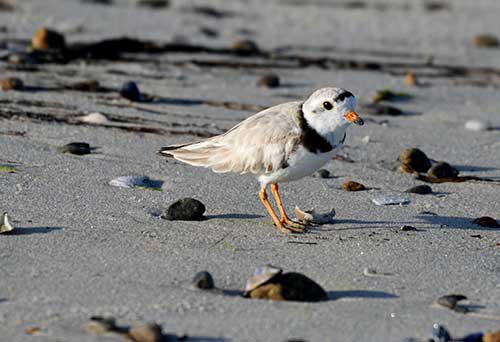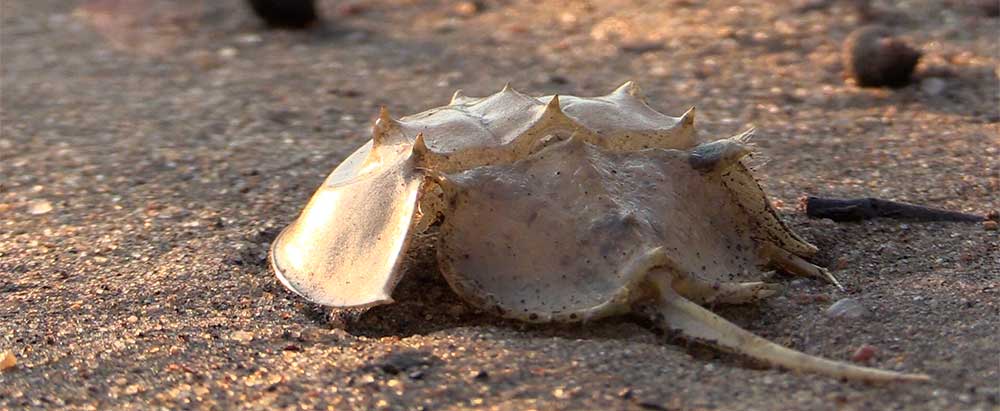Revised February 2025

Brief History
The 17 Cooperative Ecosystem Studies Units (CESUs) form a national network with federal agencies and hundreds of non-federal partners, including tribes, academic institutions, state and local governments, and conservation organizations. Using an interdisciplinary approach to support sustainable science, The North Atlantic Coast CESU and other CESUs provide research, technical assistance, and education to federal land management, environmental, and research agencies across the United States of America.
The CESU network’s objectives are to provide usable knowledge for informed decision-making, ensure research independence and objectivity, foster partnerships to share resources and expertise, maximize university resources for faculty and students, support professional development of federal scientists and resource managers, and manage federal resources effectively. Through these efforts, the North Atlantic Coast CESU and other CESUs advance resource stewardship and improve the science and management of our natural and cultural resources.

The North Atlantic Coast CESU (NAC CESU) was established in June 1999 through a cooperative agreement between the Department of the Interior’s National Park Service, the USGS, and the University of Rhode Island as the host institution, with the University of Maryland Eastern Shore as a partner. From this modest start, the NAC CESU has grown significantly as federal agencies and non-federal institutions recognized the value of this collaboration in addressing complex resource challenges. The NAC CESU is evaluated every five years, after which a new cooperative and joint venture agreement is signed by all of the partners.
Vision and Mission
Facilitate research collaborations between federal and non-federal partners to identify innovative solutions to environmental and social issues that confront the North Atlantic Coast region and, where appropriate, to extend CESU expertise to national issues.
Geographic Scope

The coastal and interior zones from Maine to Virginia, including coastal watersheds and terrestrial environments, cultural resources, historic landscapes and other integral features.
Resource Management and Science Direction
NAC CESU research and technical assistance focus on resource management issues, often driven by coastal development and climate change. In 2010, 39% of the U.S. population lived in coastal areas, with high-density development in the northeast. The region faces rising sea levels, more frequent and intense storms, warming temperatures, and changing precipitation, all impacting the environment and cultural resources. These changes affect species distributions, shoreline processes, ecosystem functions, and cultural heritage.
NAC CESU partners have expertise in key issues relevant to federal agencies, including:
- climate change adaptation strategies
- water quality and quantity
- coastal geomorphic change
- biodiversity conservation
- wildlife management
- invasive species control
- ecosystem services
- renewable energy (wind, tidal, and wave)
- vector-borne diseases and pests
- habitat restoration
- long-term monitoring
- ecosystem modeling
- environmental emergency response planning
- socio-economic impacts of resource management
- natural and cultural resource relationships
- preserving cultural landscapes and viewsheds
- archaeological, historic, and cultural assessments

A Cooperative Venture
In accordance with the CESU cooperative and joint venture agreement agreement, CESU projects are financed through cooperative agreements rather than grants. Federal agency scientists and managers substantially involved in CESU projects, often providing technical guidance, participating in data collection, analysis and interpretation, and assisting with report preparation or outreach. Federal partners support data collection, analysis, report writing, and technical reinforcement. The collaborative nature of CESU projects is a fundamental strength of the North Atlantic Coast CESU, and a critical element in the CESU program’s success. Different perspectives enrich and promote research and management objectives. Research students access valuable exposure to both federal and academic career paths. The CESU Network demonstrates public value with cost-saving collaborations, accrued scientific and humanistic knowledge, practices, and solutions to evolving challenges for the benefit of this and future generations. You can learn more about the benefits of CESU projects from the national CESU network website.


